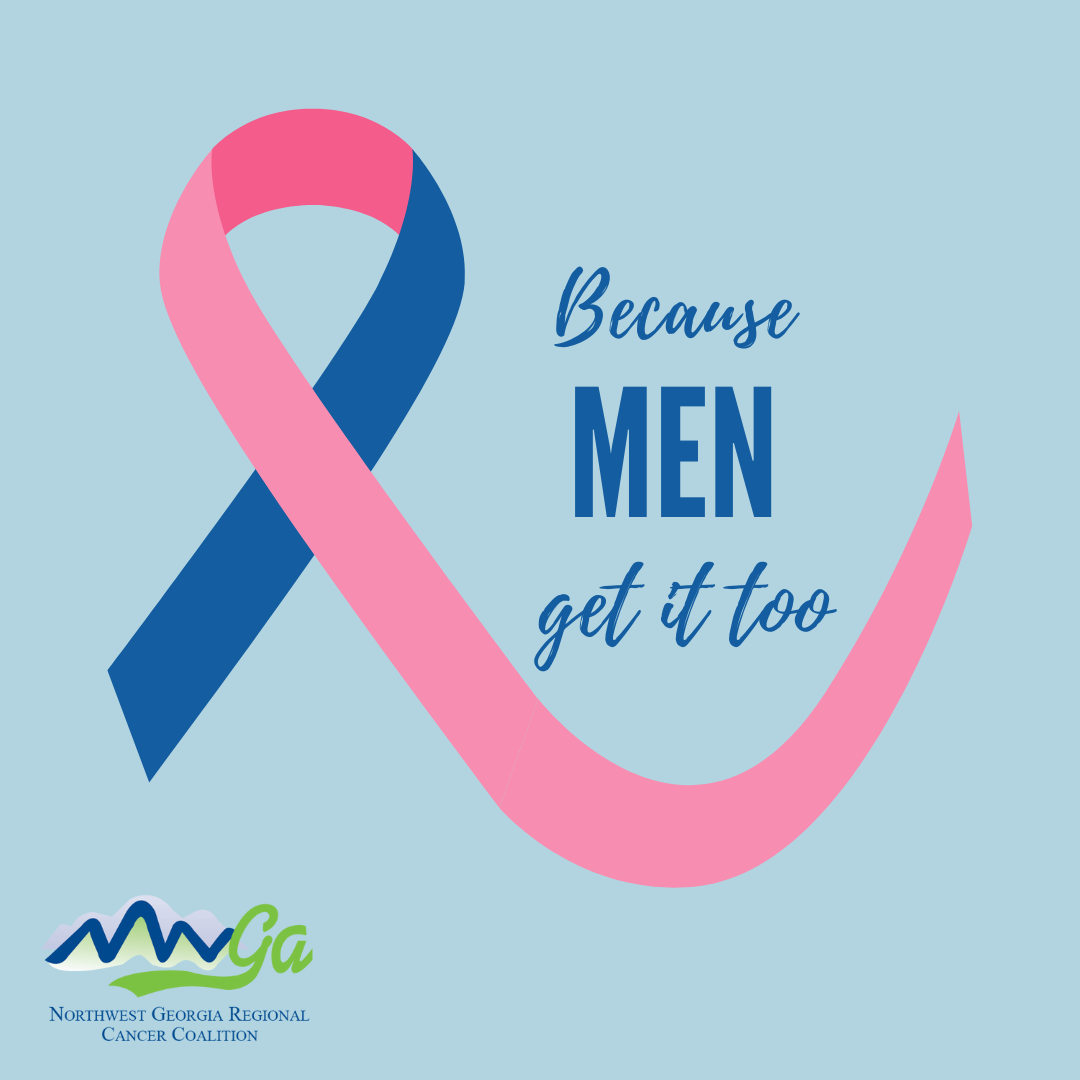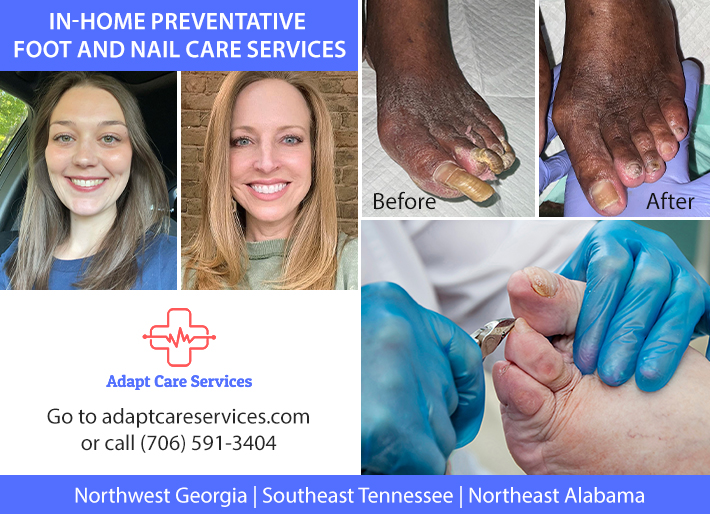
Each October, pink ribbons, 5ks, and “save the ta-tas” campaigns cover the United States. Sure, everyone has heard of breast cancer, but did you know that men can get it too? Often, we focus so much of our attention on pink and women that weforget all people are born with breast tissue making every individual susceptible to the disease. In fact, study findings reported in JAMA Oncology show men have higher death rates than women across all stages of breast cancer. The study showed the overall five-year survival rate after a breast cancer diagnosis was 77.6% for men and 86.4% for women. With that being said, breast cancer in men is rare, but it does happen. According to the American Cancer Society, less than one percent of all breast cancer occurs in men.
For men, the stigma of breast cancer is the idea that it’s a “woman’s disease,” but tough guys can get breast cancer too.Peter Criss, a founding member of the rock band KISS, revealed that he was diagnosed with breast cancer in 2008. Ernie Green, NFL fullback for the Cleveland Browns, was diagnosed with breast cancer in 2005. Acknowledging that men can be diagnosed with breast cancer is the first step of protection. This knowledge allows men to pay attention to changes in the breast or nipple area and to speak to a doctor when identifying such changes.
Men who have a BRCA2 hereditary gene mutation, and to a lesser degree men who have a BRCA1 mutation, have an increased risk of breast cancer. A man can inherit a BRCA2 or BRCA1 gene mutation from his mother or father and pass the mutation on to his daughters and sons. Each child of a genetic carrier, regardless of their gender, has a 50% chance of inheriting the mutated gene from the parent who carries the mutation. It’s important to be aware of the risks contributing to breast cancer in order to have an accurate understanding of your individual health. As outlined by the CDC, these risks include:
The most common sign of breast cancer in men is a painless lump, but any change in the breast or nipple can be a warning sign of breast cancer in men. As outlined by the CDC, thesesigns include:
Pink or blue, pick a color that describes you. Breast cancer continues to be an extremely treatable cancer when found early. The best way for you to keep tabs on your personal breast health is to perform a monthly self-breast exam. It’s easy to do and can help increase your chance of catching breast cancer in its early stages.
The Northwest Georgia Regional Cancer Coalition partners with healthcare agencies and community organizations to provide low cost or no cost mammograms for the uninsured, under-insured, and underserved patients across Northwest Georgia. Working with our healthcare partners we identify and navigate patients through recommended screenings to increase early detection and reduce cancer mortality. Eligible patients must be within 200% of the 2022 Federal Poverty Guidelines.
If you are a patient and think you may be eligible for a low cost or no cost mammogram please visit one of our partners listed below or call us at 706-291-9998 for a referral. If you are a screening partner or health care provider with patients needing screenings, please contact us at 706-291-9998.
Breast Cancer Screening Partners: Floyd Medical Center, Redmond Regional Medical Center, Harbin Clinic (Bartow County), AdventHealth Gordon, and Hamilton Medical Center.
If you have concerns about your risk of breast cancer, talk with your healthcare provider.
By: Allison Agnew
Allison began working for the NWGRCC in 2014 and has served as the Breast and Cervical Program Manager for 7 years.













